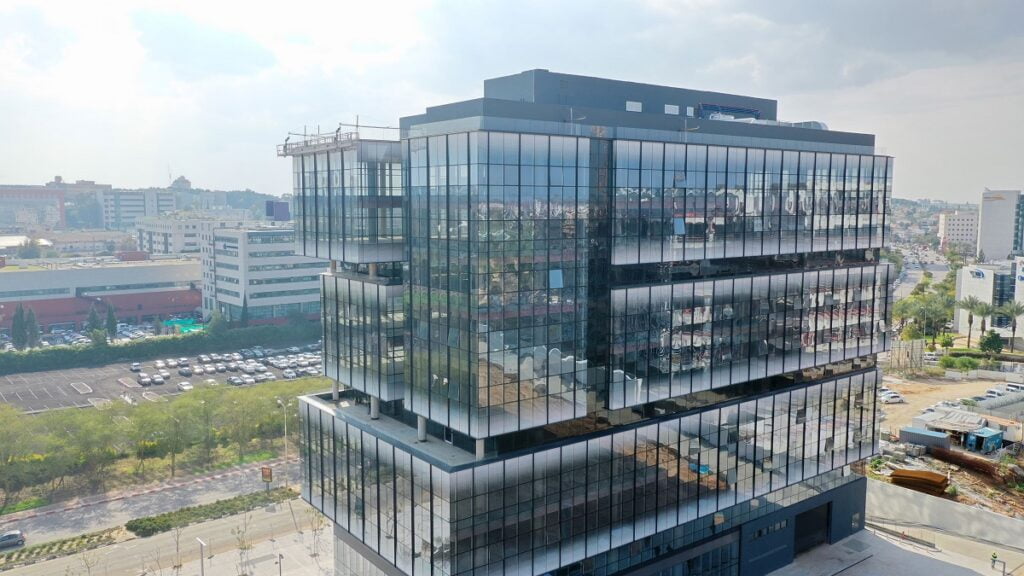Israeli cultured meat startup MeaTech 3D announced on Tuesday it will open a new US office in California to accelerate its go-to-market strategy and further scale up R&D activities, business development, and investor relations.
This move reflects MeaTech 3D’s next step in progressive growth following its preceding success over the past year in Israel. During that time, the company was able to take up new headquarters in a larger facility space equipped with a tasting kitchen in Rehovot to ramp up its 3D bioprinting technology and grow its team of staff by 50 percent.
MeaTech 3D also presently maintains a facility in Antwerp, Belgium, and later this year, the company’s Belgian subsidiary, Peace of Meat, which leads the development of MeaTech’s avian cell culture technologies, plans to start building the foundation for a pilot plant to begin scaling up production.
“Expanding MeaTech’s presence to the US is another important step in accelerating our go-to-market strategy, and it will leverage the expertise we’ve been building since 2019,” said Arik Kaufman, MeaTech’s co-founder, and CEO.
Initially founded in 1992, MeaTech 3D began its operational activities in 2019 to develop cultured meat products grown from cell cultures as a sustainable alternative to the industrialized procurement of meat from conventional slaughter and factory farming—a practice known for its immense carbon footprint and outrageous water and land resource requirements. By adopting a modular factory design, MeaTech will be able to humanely supply a variety of beef, chicken, and pork products, both as raw materials and whole cuts in a way that averts environmental harm.
“We anticipate that our new space will serve as a welcoming environment for our North American investors to gain firsthand knowledge of our processes, view demonstrations of our technology at work, and learn about our future plans,” Kaufman continued. “It will also provide us with access to new R&D and technical talent who can help us continue building upon and perfecting the processes we’ve developed for a cell-based, real-meat generation.”
Related posts

Israeli AI Safety Tool Among TIME’S Best Inventions For 2024

Editors’ & Readers’ Choice: 10 Favorite NoCamels Articles

TAU Team Discovers Mechanism To Eliminate Cancerous Tumors




Facebook comments